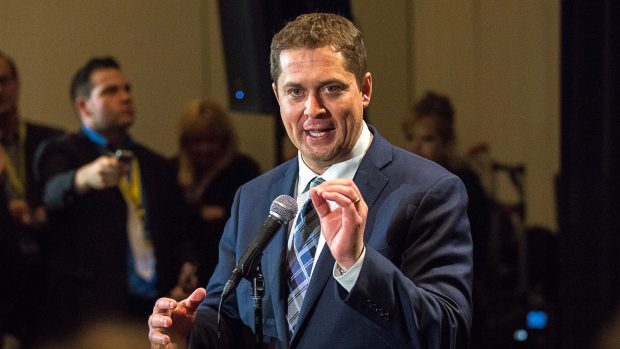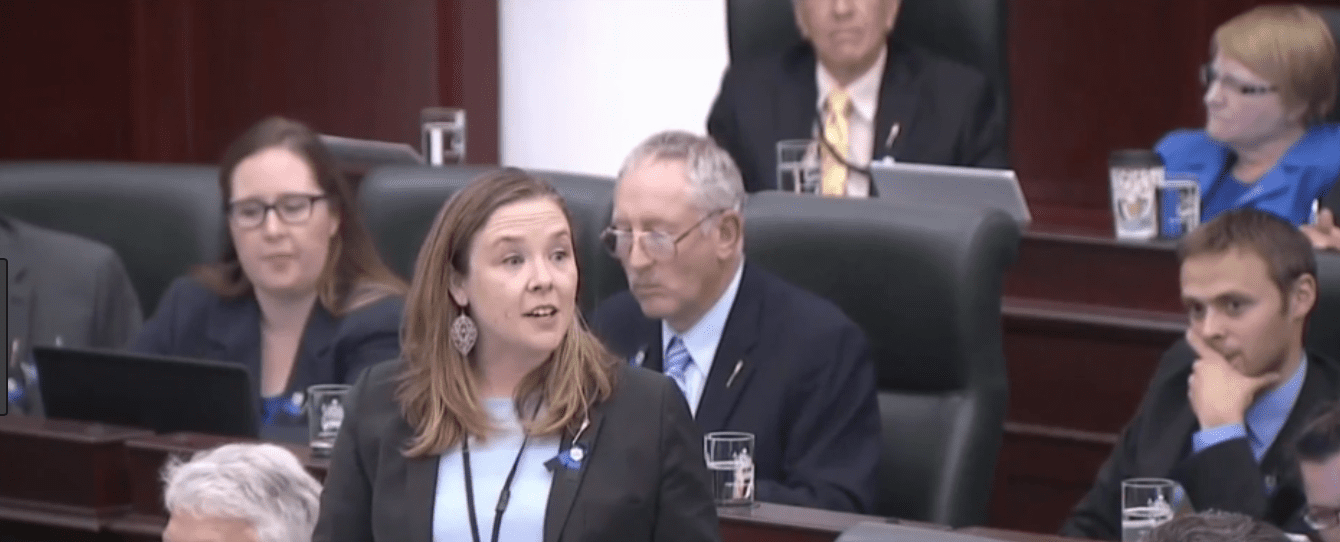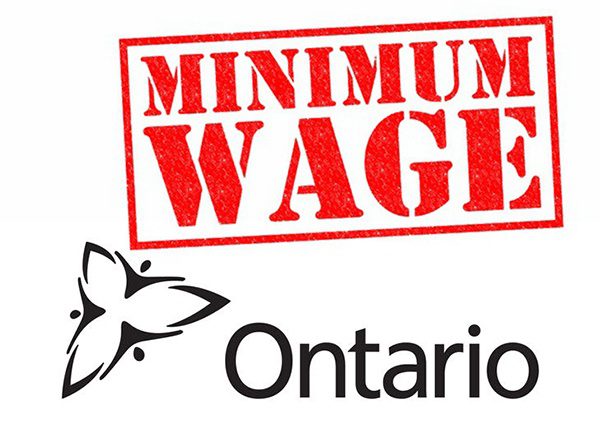Prime Minister Justin Trudeau recently provided a clue as to why the Canadian media is seemingly so friendly towards him and his Liberals.
Speaking before a group of students, Trudeau was recorded as saying, "We (the Liberals) try and stay, you know, serious and respectful, they (the Opposition parties) like to shout."
And yes, I know a lot of people took exception to that comment, (and many pointed out examples of the prime minister's own disrespectful behaviour) but I suspect that in Trudeau's own mind he was simply stating an obvious fact.
After all, every time he watches the news Trudeau probably sees the mainstream media presenting the Liberals as respectful and the Conservatives as shouters.
Why would this be the case?
Well, first off, you need to understand that the Canadian mainstream media has, in my view, made it their mission to defend Canada's political civility from the onrush of supposedly uncouth populist politics.
In other words, the people who run our media tend to see the emerging breed of populist politicians, both here in Canada and in the United States, as renegades who don't play by the rules of civilized behaviour, and as demagogues who degrade public discourse.
And their Great Satan, of course, is US President Donald Trump, whose boorish behaviour and unpredictability has rattled the international establish, including the establishment media.
At any rate, given the establishment/mainstream media's disdain for Trumpian/Populist-style politics, it's only natural they would see Trudeau as the epitome of a "proper politician".
Whereas Trump is cynical, Trudeau is idealistic, whereas Trump unapologetically pummels his enemies, Trudeau exudes positivity, whereas Trump will make controversial, sometimes outlandish statements, Trudeau is the personification of political correctness.
And most importantly, whereas Trump continually denounces "fake news" which he says is the "enemy of the people", Trudeau has nothing but nice things to say about the media and the role it plays in protecting democracy.
So yes, for all these reasons, Canada's media sees Trudeau as respectful, which is reflected in their coverage; if the American president represents everything that's wrong with politics, for the media, Trudeau represents everything that's good.
All this, needless to say, puts Conservative Party leader Andrew Scheer in a bit of a pickle, since as an Opposition politician he sometimes needs to be less than respectful.
As matter of fact, because he's facing a still-popular incumbent, Scheer needs to get aggressive and to go on the attack and to degrade Trudeau's brand.
What's more, to capitalize on the growing populist sentiment and to mobilize his own base, Scheer needs to show he's willing to challenge the "establishment" aka the "elites."
But anytime Scheer tries to rock the boat in this way, any time he takes the gloves off, anytime he knocks the status quo, it lands him in hot water with the media, which tends to see any deviation from political orthodoxy as a sign of Trump-inspired heresy.
We saw this, for instance, when Scheer declared in a speech that he was going to stand up to "this government, the media and the privileged elite."
Yes, that was simply an innocuous, run-of-the-mill conservative talking point, but many in the media, which is in grip of an anti-populist fever, saw it as a declaration of war against the media and as a clear sign Scheer was about to transform into some kind of Trumpian Monster, a beast which would rampage and pillage the country's most sacred institutions.
And the general judgement of the media was that Scheer was making a terrible mistake.
As Globe and Mail columnist Gary Mason condescendingly put it, "I expect better of Mr. Scheer and his colleagues."
And it looks like Scheer got the message, because it wasn't long before he was meekly praising the media's role in holding "politicians of all parties to account" and to "hold us responsible for what we say."
Yeah, that was nice.
Unfortunately for the Conservative leader, however, being nice won't help him win the next election.
So I guess Scheer has to figure out, whom he wants to like to him more the media or voters?










